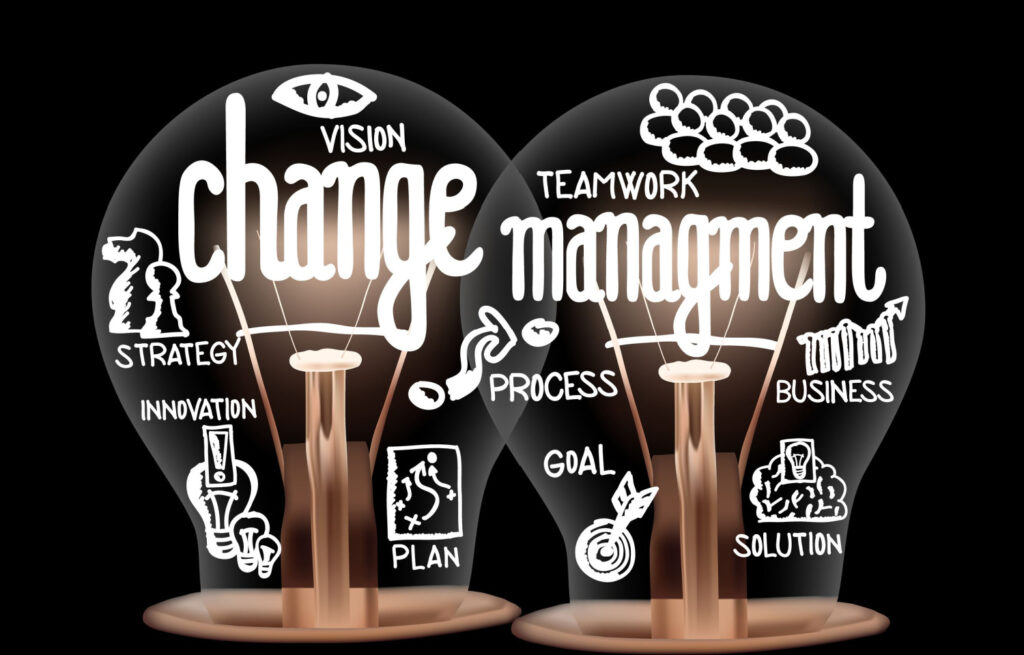Creating Harmonious Spaces: The Role of Diversity, Equity, and Inclusion
Intro In today’s world, creating harmonious spaces where everyone feels valued, respected, and included is essential. This is where diversity, equity, and inclusion (DEI) play a crucial role. Understanding the importance of these principles and their impact on organizations and society as a whole is key to fostering a culture of belonging and acceptance. Understanding […]
Creating Harmonious Spaces: The Role of Diversity, Equity, and Inclusion Read More











